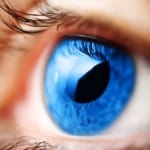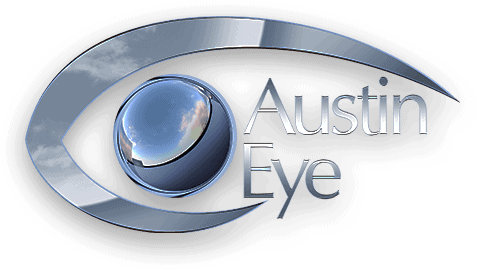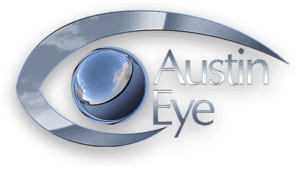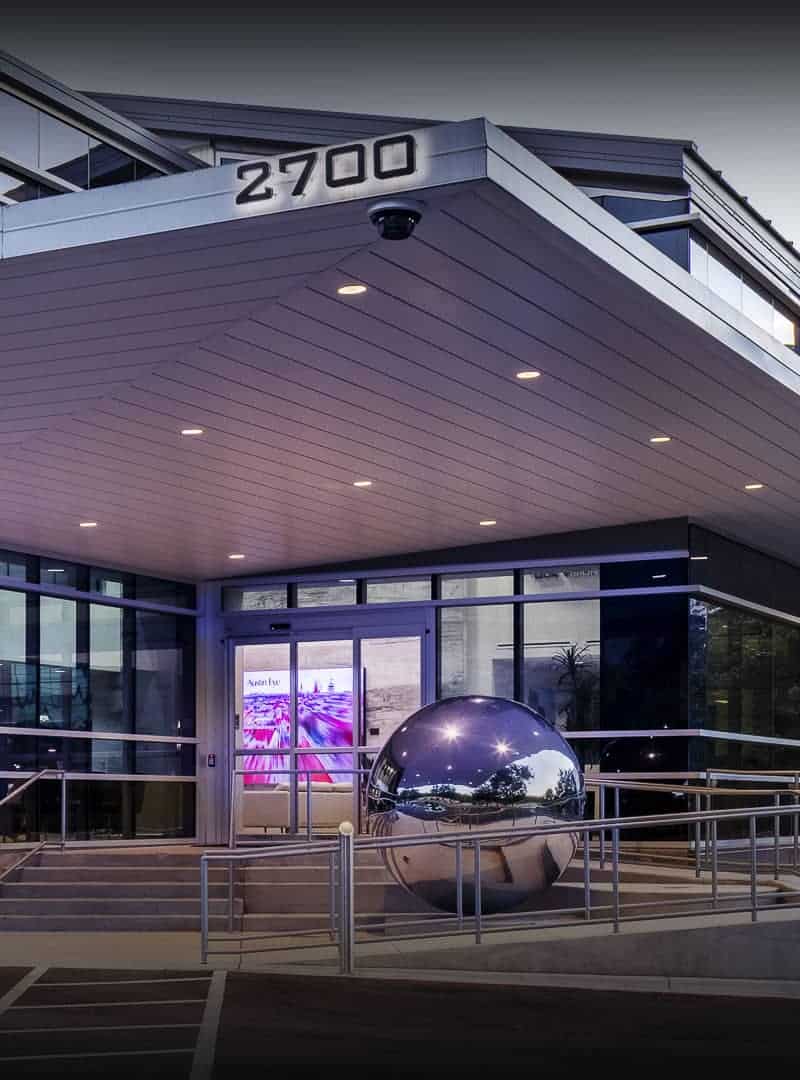 If you have diabetes, taking extra care of your eye health is a must. The disease increases the risk of several eye problems and diseases that can lead to permanent vision damage, including cataracts, glaucoma and diabetic retinopathy. If left untreated, these diseases can lead to blindness.
If you have diabetes, taking extra care of your eye health is a must. The disease increases the risk of several eye problems and diseases that can lead to permanent vision damage, including cataracts, glaucoma and diabetic retinopathy. If left untreated, these diseases can lead to blindness.
The good news is that routine eye exams can help protect the eyes from some of the vision problems brought on by diabetes. Read on to learn why routine eye exams are important for people with diabetes.
Eye Exams Can Detect Early Signs of Vision Damage
Many eye conditions begin without any visible symptoms. As a result, some people are unaware that there is a problem with their vision until severe damage has occurred. Board certified ophthalmologists are trained to check the structures of the eyes using special technology and instruments. Routine eye exams can detect eye conditions in their early stages, at which point they are typically easier to treat than when they reach advanced stages.
Eye Exams Can Stop or Slow Down the Progression of Eye Diseases
When caught early enough, certain eye conditions can be reversed or slowed down to avoid permanent vision loss. Early stages of glaucoma and diabetic retinopathy can usually be managed with medications while advanced stages may require surgical intervention.
Eye Exams Can Help Detect Certain Health Conditions
It’s said that the eyes are the windows to one’s soul. In actuality, the eyes should be thought of as the windows to one’s health as many health conditions cause changes within the eyes’ internal structures. Routine eye exams can detect early signs of serious health problems such as high blood pressure and even some types of cancer. If your eye doctor detects something abnormal in your eyes, he or she can alert your general physician or medical team to conduct the appropriate medical tests.
If you have diabetes, you should have a routine eye exam every one to two years. Depending on your unique case, it may be recommended that you get your eyes checked more frequently. To schedule an eye exam or consultation with one of our board-certified ophthalmologists, please call our North office at (512) 250-2020 or our Central office at (512) 454-2020.







